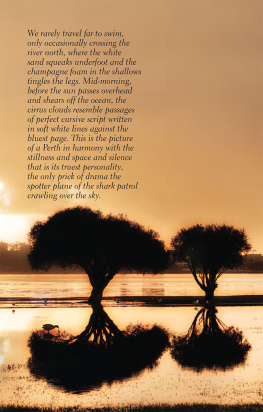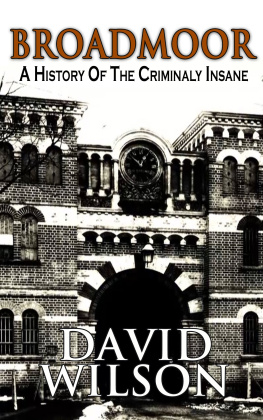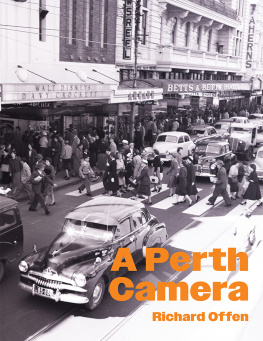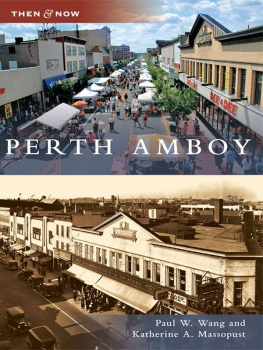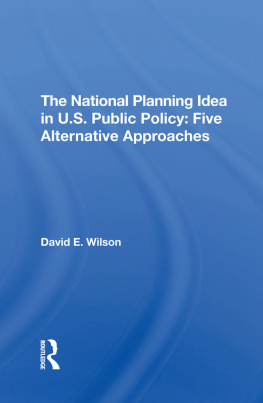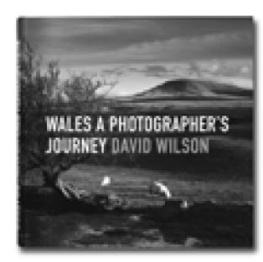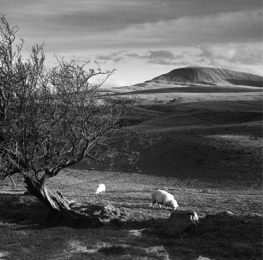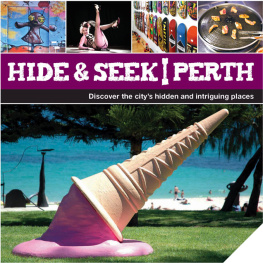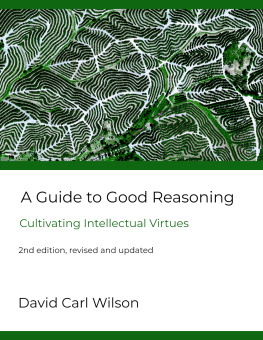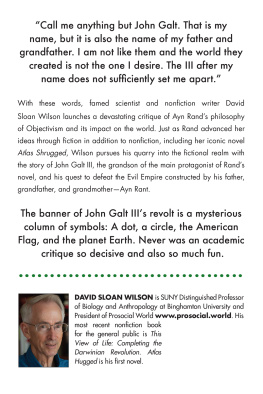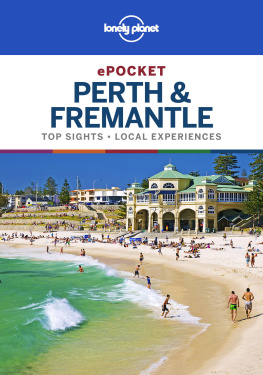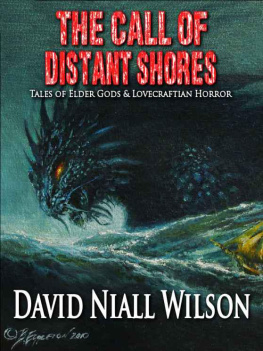David Whish-Wilson - Perth
Here you can read online David Whish-Wilson - Perth full text of the book (entire story) in english for free. Download pdf and epub, get meaning, cover and reviews about this ebook. year: 2014, publisher: University of New South Wales Press, genre: Detective and thriller. Description of the work, (preface) as well as reviews are available. Best literature library LitArk.com created for fans of good reading and offers a wide selection of genres:
Romance novel
Science fiction
Adventure
Detective
Science
History
Home and family
Prose
Art
Politics
Computer
Non-fiction
Religion
Business
Children
Humor
Choose a favorite category and find really read worthwhile books. Enjoy immersion in the world of imagination, feel the emotions of the characters or learn something new for yourself, make an fascinating discovery.
- Book:Perth
- Author:
- Publisher:University of New South Wales Press
- Genre:
- Year:2014
- Rating:4 / 5
- Favourites:Add to favourites
- Your mark:
- 80
- 1
- 2
- 3
- 4
- 5
Perth: summary, description and annotation
We offer to read an annotation, description, summary or preface (depends on what the author of the book "Perth" wrote himself). If you haven't found the necessary information about the book — write in the comments, we will try to find it.
Perth — read online for free the complete book (whole text) full work
Below is the text of the book, divided by pages. System saving the place of the last page read, allows you to conveniently read the book "Perth" online for free, without having to search again every time where you left off. Put a bookmark, and you can go to the page where you finished reading at any time.
Font size:
Interval:
Bookmark:
Perth
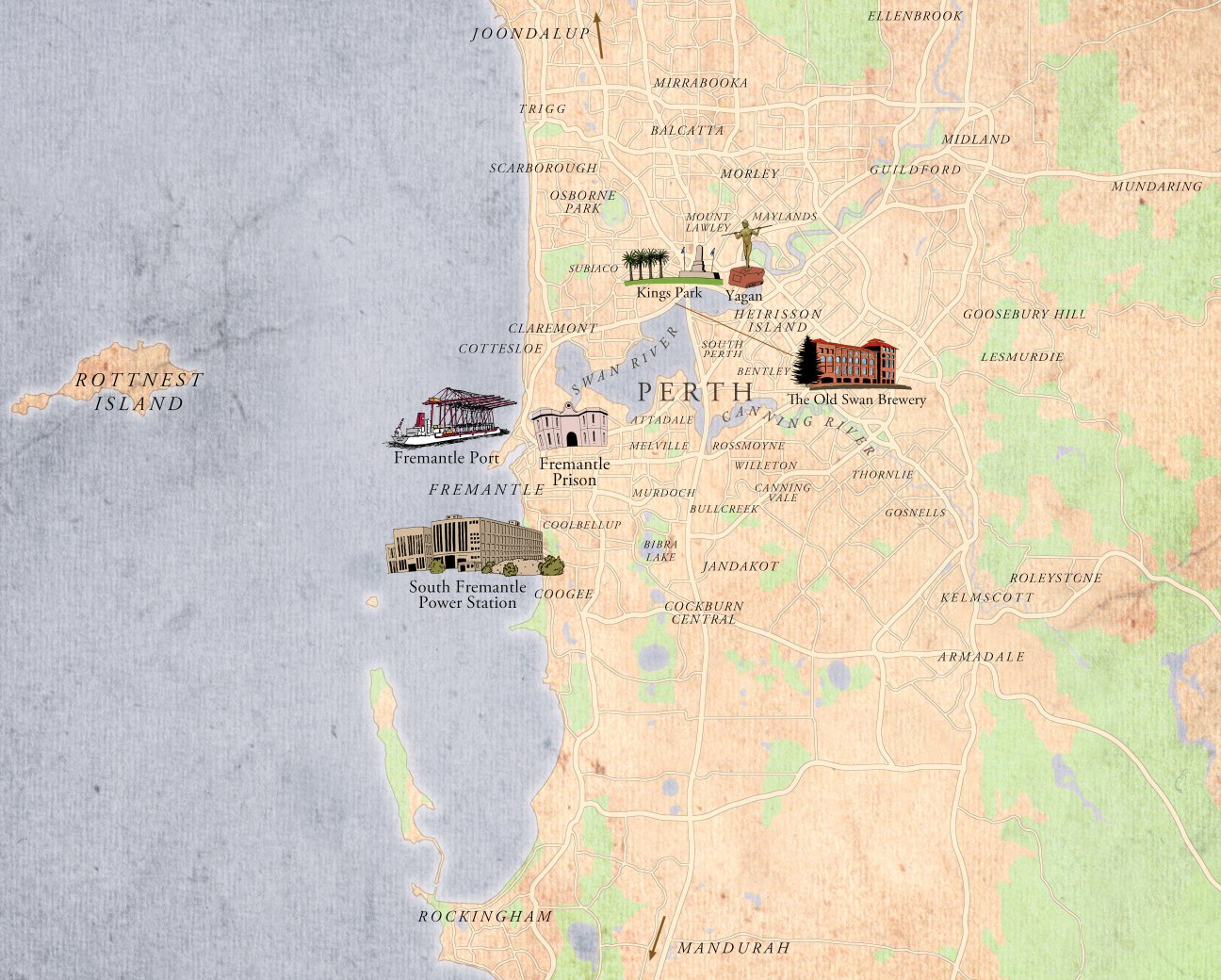
Other titles in this series
Hobart by Peter Timms
Brisbane by Matthew Condon
Sydney by Delia Falconer
Melbourne by Sophie Cunningham
Adelaide by Kerryn Goldsworthy
Alice Springs by Eleanor Hogan
Canberra by Paul Daley
Darwin by Tess Lea (forthcoming)
Perth
DAVID WHISH-WILSON

For Ollie and Jean, Jack and Doreen, Tony and Rosemary, and Bella, Max, Fairlie and Luka
A NewSouth book
Published by
NewSouth Publishing
University of New South Wales Press Ltd
University of New South Wales
Sydney NSW 2052
AUSTRALIA
newsouthpublishing.com
David Whish-Wilson 2013
First published 2013

This book is copyright. Apart from any fair dealing for the purpose of private study, research, criticism or review, as permitted under the Copyright Act, no part of this book may be reproduced by any process without written permission. Inquiries should be addressed to the publisher.
National Library of Australia Cataloguing-in-Publication entry
Title: Perth/David Whish-Wilson.
ISBN: 9781742233673 (hardback)
9781742241623 (epub/Kindle)
9781742246611 (ePDF)
Series: City series.
Subjects: Perth (W.A.) History
Perth (W.A.) Description and travel.
Perth (W.A.) Social life and customs.
Dewey Number: 994.11
Design Jo Pajor-Markus
Cover design Sandy Cull, gogoGingko
Cover photo Perth skyline after heavy rain, from the South Perth foreshore.
Nancy Wilkinson Photography
Author photo Karin Calvert, The Sunday Times
Image on pp. vivii Street art on Grand Lane, Perth
All reasonable efforts were taken to obtain permission to use copyright material reproduced in this book, but in some cases copyright could not be traced. The author welcomes information in this regard.
Contents


They are always with us, the people of other eras that exist alongside our own, quietly watching the new psyche of the city take form as the world that they inhabited is redrawn, torn down, reclaimed and redeveloped. Their presence is fainter, less vociferous than it was when the city was theirs, but they shadow it, and feed into it There are lives and spirits and maps and boundaries that they follow which newcomers cannot see.
Stephen Kinnane, Shadow Lines
Introduction

Its late afternoon on a spring day, and Im looking out over Perth as I wander alongside the floor-to-ceiling windows on the fifteenth storey of Gordon Stephenson House. This government building is new, part of the award-winning one40william project that rises over the equally new Perth Underground train station. The windows are tinted green but theyre clear enough that I can see squalls running low and fumy to the south, trailing ropes of grey rain. And yet the sky above the CBD is blue, and the streets are awash with brilliant light. Even through the jade glass I can feel sunshine on my face.
Ive spent the afternoon in the temporary home of the City of Perth Library, working my way through the archives. While there are as many Perths as people who live here, of course, I wanted to commence the research for this book by revisiting two stories that have stayed with me over the years: one because I didnt understand its significance as a child, the other because it captured my imagination. This beginning also reflects the approach that Ive taken in the following chapters. Each takes its name from a natural formation or feature of Perth the river, the coast, the plain and the light that has evoked characters and events, moving backwards and forwards in time. The two stories that made an impression on me as a child take place in different centuries, but both represent something about the character of the city I call home.
The first time I heard the story of Fanny Balbuk, she wasnt given a name. I cant even remember which teacher told me about her in primary school. He must have been a good storyteller, though, because the images were powerfully clear. Fanny Balbuk came from the Whadjuk clan of the Nyungar, the Indigenous people of south-west Western Australia, and one of the largest language groups in the country. She was born and raised on the Swan River at Matagarup, or Heirrison Island. The year of her birth was 1840, barely a decade after Europeans established the Swan River Colony and not long before her father died on Rottnest Island. Like many of his kinsmen, hed been imprisoned there for stealing flour.
Balbuk expressed her frustration at the development of the Georgian village on her country by stubbornly continuing to follow the tracks of her ancestors. According to Daisy Bates, the Irish Australian who observed and recorded Western Australian Indigenous culture in the first half of the twentieth century:
To the end of her life [Balbuk] raged and stormed at the usurping of her beloved home ground a straight track led to the place where once she had gathered jilgies and vegetable food with the women, in the swamp where Perth railway station now stands. Through fences and over them, Balbuk took the straight track to the end. When a house was built in the way, she broke its fence palings with her digging stick and charged up the steps and through the rooms.
Bates goes on to describe how one of Balbuks favourite annoyances was to stand at the gates of Government House, reviling all who dwelt within, in that the stone gates guarded by a sentry enclosed her grandmothers burial ground.
Neither Bates nor Balbuk was alive to see it, but Balbuks refusal to be ignored and the records Bates kept of Balbuks clan territory helped the Federal Court to rule in 2006 that native title continued to exist in Perth, the first time such a claim had been upheld in an Australian capital city. Balbuk died in 1907. There is a photograph of her as an older woman against a backdrop of scrub. She is wearing a chaste ankle-length skirt and a long-sleeved white shirt buttoned to her neck, her face framed by long grey hair, but the image captures the pride and defiance in her eyes.
Where I stand in the south-eastern corner of the fifteenth floor, I can clearly follow Balbuks route from the edge of the CBD at the Causeway, past the Governors residence, heading north up Barrack Street towards the Perth train station that was built on the reclaimed freshwater lake. Balbuks story has always been a reminder to me that beneath the geometric frame of the modern city the bar-graph rectangles of concrete, glass and steel across the skyline there exist footpads worn smooth over millennia that snake up through the sheoak and marri woodland and into the citys heart. I have found myself in other cities, on other continents, seated on park benches or riding the trains, thinking about Fanny Balbuk, keeping to her straight track through the streets of Perth.
Fanny Balbuks yearning for what had been taken from her is very different from the yearning of mid-twentieth-century Perth for what it might become: the City of Light whose significance, its burghers hoped, could no longer be ignored. The first sign of the tension between the citys aspirations and the relaxed lives of its inhabitants surfaced after Perths gesture of solidarity with an American astronaut in February 1962. John Glenn was solo-orbiting Earth, a fellow traveller on the dark edge of what was known. Perth kept its lights on overnight to keep the lonely Glenn company, but this action triggered a latent desire to be noticed, and admired, that became a source of amusement to many of Perths citizens.
Next pageFont size:
Interval:
Bookmark:
Similar books «Perth»
Look at similar books to Perth. We have selected literature similar in name and meaning in the hope of providing readers with more options to find new, interesting, not yet read works.
Discussion, reviews of the book Perth and just readers' own opinions. Leave your comments, write what you think about the work, its meaning or the main characters. Specify what exactly you liked and what you didn't like, and why you think so.

